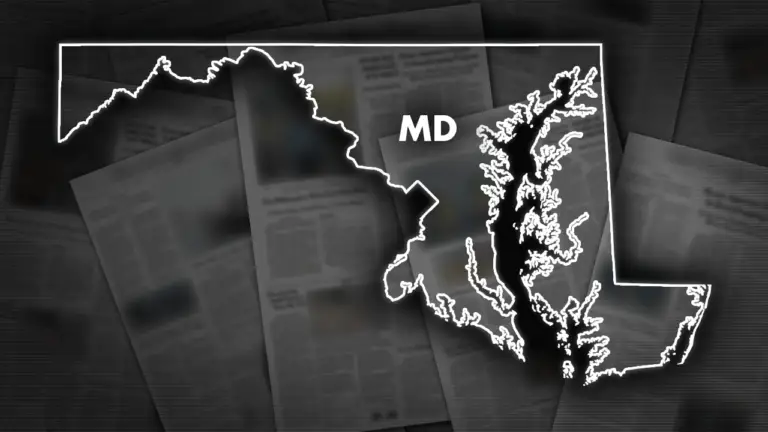Ban on Broadcasting Court Audio Recordings in Maryland to End on January 1
Starting January 1, 2024, a long-standing ban on broadcasting court audio recordings in Maryland will finally come to an end. This decision was made by the Maryland Supreme Court during a meeting held on a recent Tuesday.
In the past, the public was not allowed to obtain or share audio recordings of court proceedings. However, this new ruling will change that. People will now have the ability to obtain copies of these recordings and share or broadcast them, but there’s a catch. Before they can be released, these recordings will go through a redaction process to protect sensitive information.
Retired Judge Alan Wilner, who leads Maryland’s Standing Committee on Rules of Practice and Procedure, explained that the goal was to provide public access to these audio recordings while still ensuring the safety and privacy of vulnerable witnesses and crime victims.
Clear Rules for Redactions
When this change takes effect, a judge must find “clear and convincing evidence” for a compelling reason to redact portions of the recording. This could include reasons like protecting a vulnerable witness or ensuring a defendant’s right to a fair trial. Importantly, it must be shown that no substantial harm will result from the redaction.
The redaction process will only affect copies of the audio recordings provided to the public. Individuals can still listen to the complete, unredacted recording by coming to the court in person. However, they won’t be allowed to keep or broadcast the unaltered version.
Balancing Interests
The court’s approved proposal states that redactions should be “as narrow as practicable in scope and duration” to protect the interests at hand. This means that redactions will be made only to the extent necessary to safeguard sensitive information.
The “broadcast ban,” as it was known, is being overturned following a federal court ruling last year. This ruling declared it unconstitutional to prevent the broadcast of legally obtained court hearing recordings.
So, starting January 1, 2024, Maryland will see a significant change in its approach to sharing audio recordings of court proceedings, balancing public access with privacy and safety concerns.

